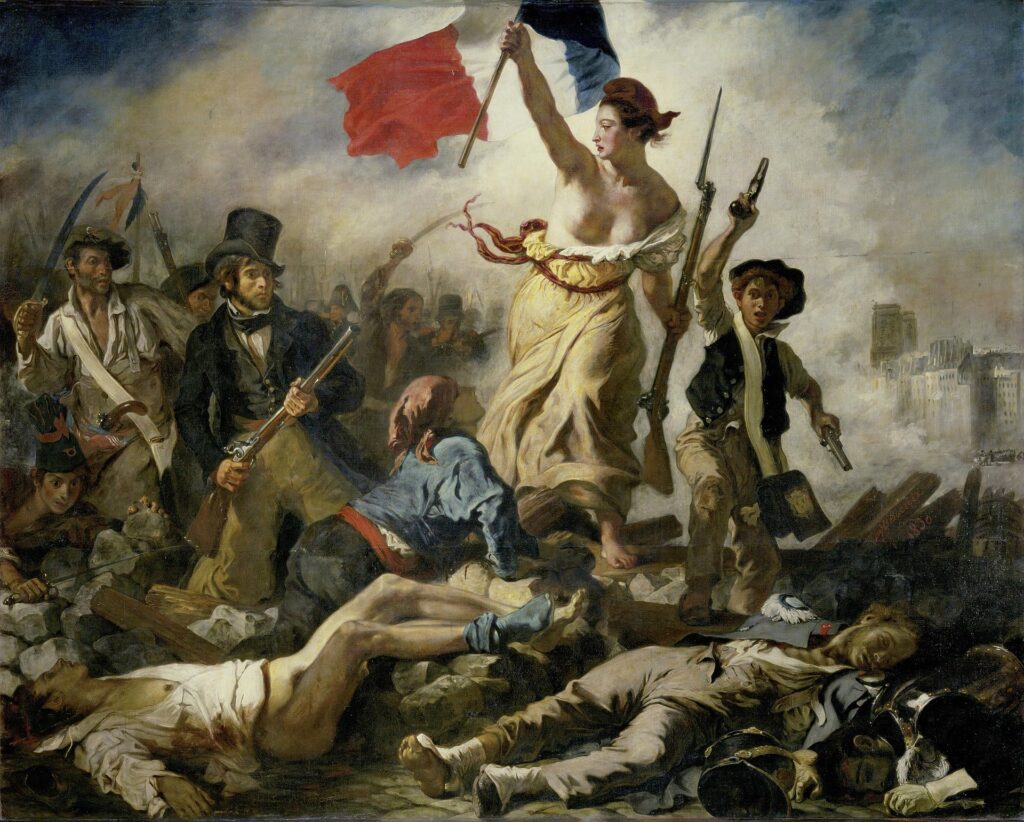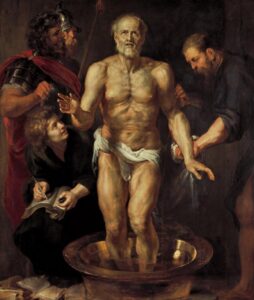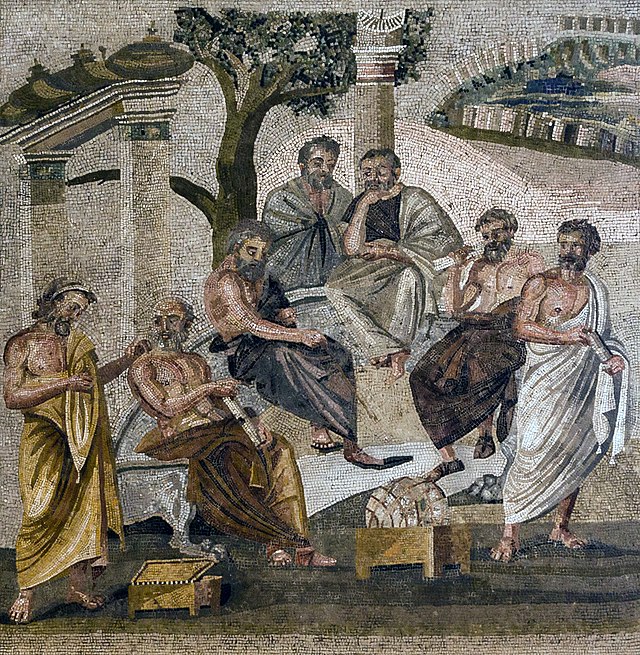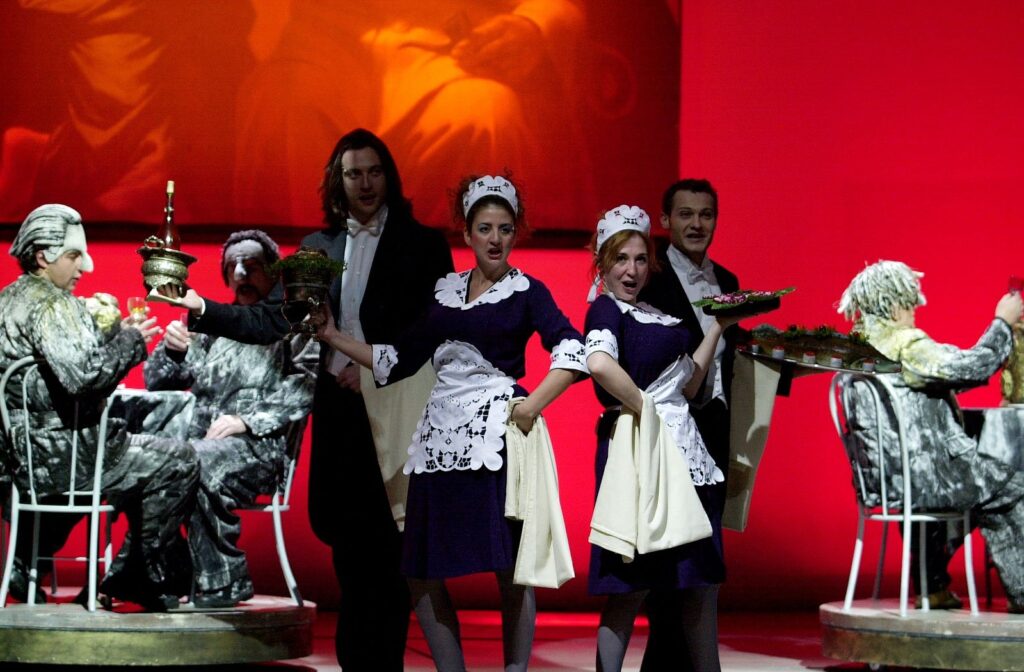
At our November Salon – A Battle of Ideas Satellite – Dr Andrew Calcutt will discuss how ‘culturalism’ undermines agency.
‘Culturalism’ is a set of policies/reforms of institutions such that British people are called upon to renounce agency ( a truncated and ineffective version is monopolised by the state and its proxies). Instead, they are nudged into the pursuit of meaning as a whole way of life. This means that identity politics becomes a sectarian government policy, drawing on precedents from the counterculture via New Labour’s Creative Britain. But whereas it’s a safe pursuit when realised through the excavation of minority cultures and their seemingly innocent traditions, when the working-class majority excavates its traditions…suddenly there are too many skeletons to contend with. Thus, the recent riots were anti-immigrant but also a violent reaction to the lack of agency even on the part of government. They were also an expression of frustration at the promotion of identity politics from which the white working class is barred as soon as it enters into it.
About Andrew
Former classicist, bassist, journalist and Living Marxist, Andrew’s first book was Arrested Development: pop culture and the erosion of adulthood (1998), followed by Beat: the iconography of victimhood from the counterculture to Princess Diana, Brit. Cult an A-Z of British Pop Culture and more. He has been writing and publishing ever since. His PhD was a study of ‘the re-mediation of social relations in Britain’, a logical reconstruction of the socio-political shift from labour movement to ‘Cool Britannia’. His talk picks up where this study left off.
Date, Time and Venue: Thursday 14 November at 19.00 in the Brunswick Inn, Derby.
Tickets available on Eventbrite. (£3 plus fee)
Image Credit: Reflective Motion (2024) by LimeSpiked uder a Creative CommonsAttribution 2.0 Genericlicence.









